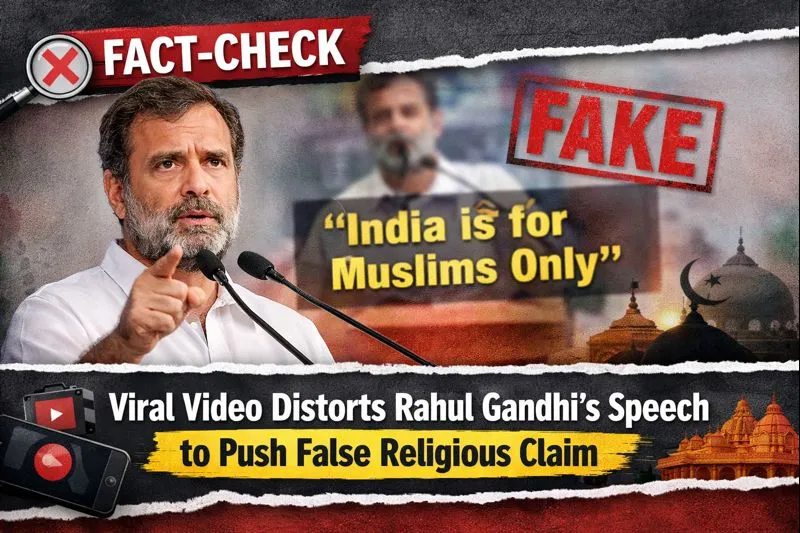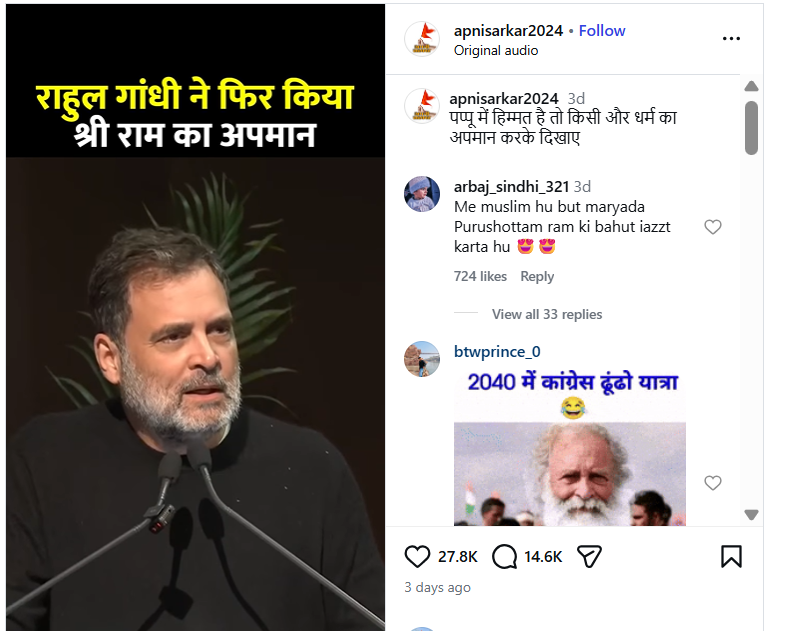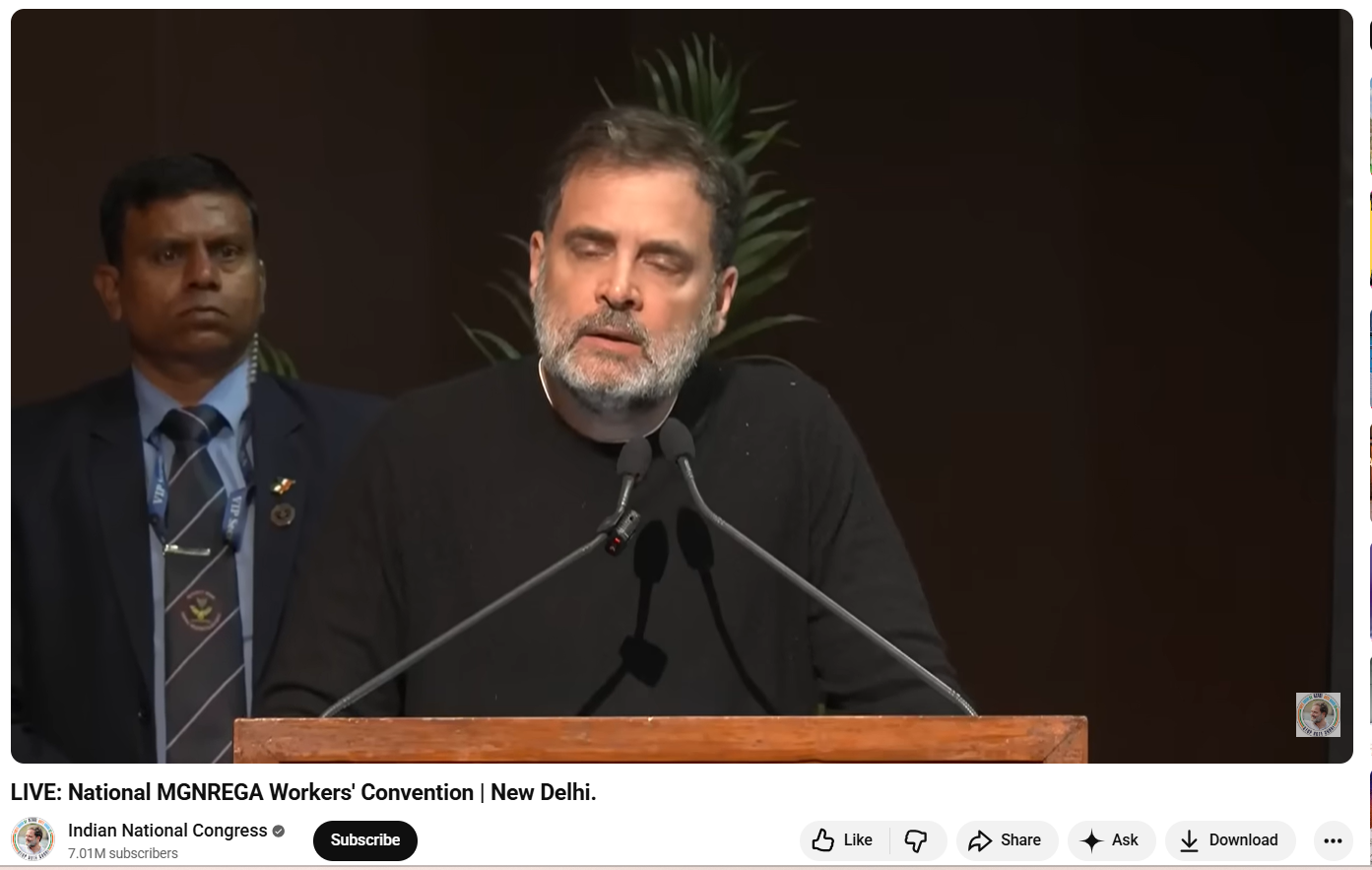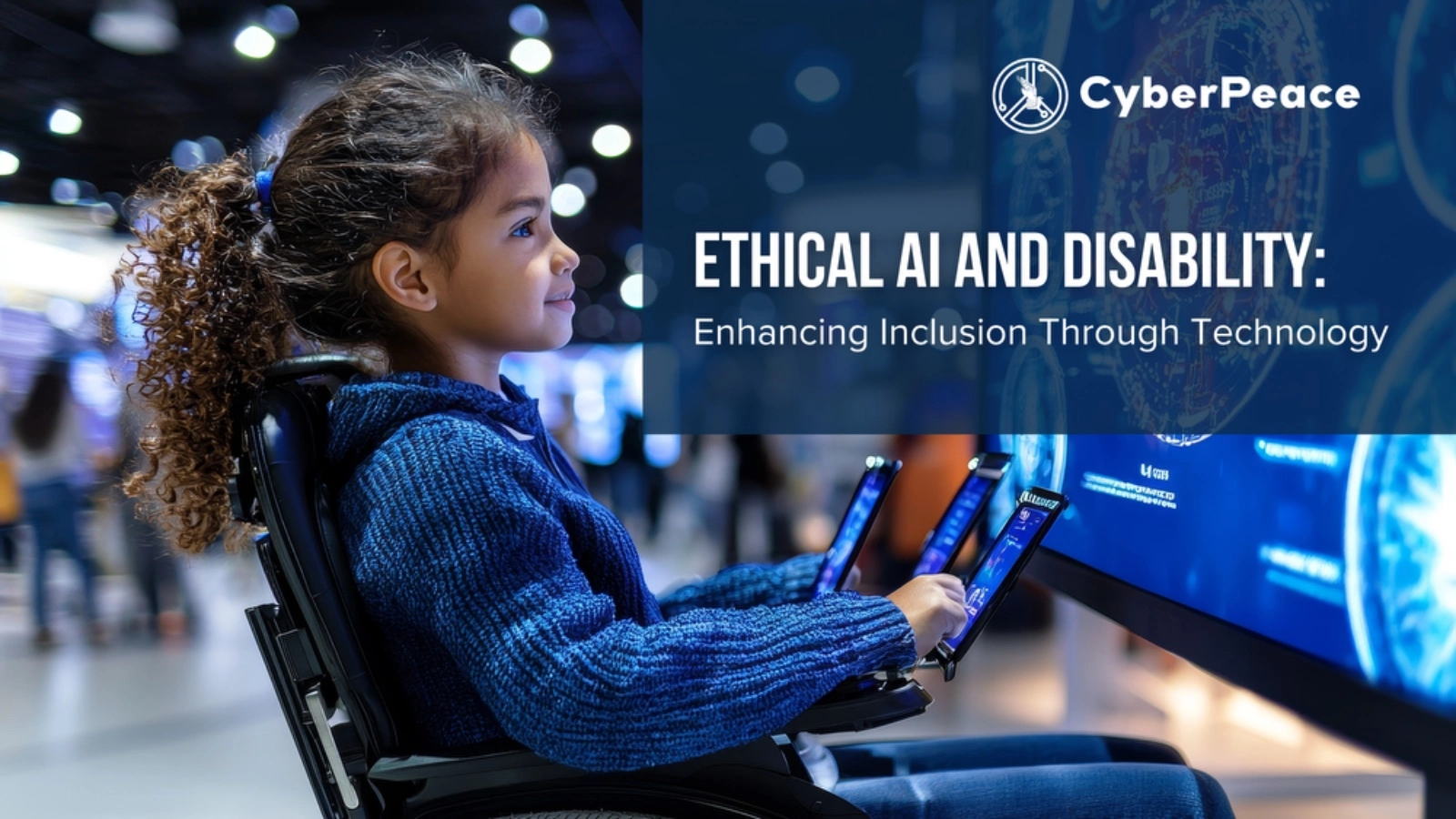MISINFORMATION: A JUDICIAL OVERVIEW
Introduction
Misinformation in India has emerged as a significant societal challenge, wielding a potent influence on public perception, political discourse, and social dynamics. A potential number of first-time voters across India identified fake news as a real problem in the nation. With the widespread adoption of digital platforms, false narratives, manipulated content, and fake news have found fertile ground to spread unchecked information and news.
In the backdrop of India being the largest market of WhatsApp users, who forward more content on chats than anywhere else, the practice of fact-checking forwarded information continues to remain low. The heavy reliance on print media, television, unreliable news channels and primarily, social media platforms acts as a catalyst since studies reveal that most Indians trust any content forwarded by family and friends. It is noted that out of all risks, misinformation and disinformation ranked the highest in India, coming before infectious diseases, illicit economic activity, inequality and labour shortages. World Economic Forum analysts, in connection with their 2024 Global Risk Report, note that “misinformation and disinformation in electoral processes could seriously destabilise the real and perceived legitimacy of newly elected governments, risking political unrest, violence and terrorism and long-term erosion of democratic processes.”
The Supreme Court of India on Misinformation
The Supreme Court of India, through various judgements, has noted the impact of misinformation on democratic processes within the country, especially during elections and voting. In 1995, while adjudicating a matter pertaining to keeping the broadcasting media under the control of the public, it noted that democracy becomes a farce when the medium of information is monopolized either by partisan central authority or by private individuals or oligarchic organizations.
In 2003, the Court stated that “Right to participate by casting a vote at the time of election would be meaningless unless the voters are well informed about all sides of the issue in respect of which they are called upon to express their views by casting their votes. Disinformation, misinformation, non-information all equally create an uninformed citizenry which would finally make democracy a mobocracy and a farce.” It noted that elections would be a useless procedure if voters remained unaware of the antecedents of the candidates contesting elections. Thus, a necessary aspect of a voter’s duty to cast intelligent and rational votes is being well-informed. Such information forms one facet of the fundamental right under Article 19 (1)(a) pertaining to freedom of speech and expression. Quoting James Madison, it stated that a citizen’s right to know the true facts about their country’s administration is one of the pillars of a democratic State.
On a similar note, the Supreme Court, while discussing the disclosure of information by an election candidate, gave weightage to the High Court of Bombay‘s opinion on the matter, which opined that non-disclosure of information resulted in misinformation and disinformation, thereby influencing voters to take uninformed decisions. It stated that a voter had the elementary right to know the full particulars of a candidate who is to represent him in Parliament/Assemblies.
While misinformation was discussed primarily in relation to elections, the effects of misinformation in other sectors have also been discussed from time to time. In particular, The court highlighted the World Health Organisation’s observation in 2021 while discussing the spread of COVID-19, noting that the pandemic was not only an epidemic but also an “infodemic” due to the overabundance of information on the internet, which was riddled with misinformation and disinformation. While condemning governments’ direct or indirect threats of prosecution to citizens, it noted that various citizens who relied on the internet to provide help in securing medical facilities and oxygen tanks were being targeted by alleging that the information posted by them was false and was posted to create panic, defame the administration or damage national image. It instructed authorities to cease such threats and prevent clampdown on information sharing.
More recently, in Facebook v. Delhi Legislative Assembly [(2022) 3 SCC 529], the apex court, while upholding the summons issued to Facebook by the Delhi Legislative Assembly in the aftermath of the 2020 Delhi Riots, noted that while social media enables equal and open dialogue between citizens and policymakers, it is also a tool in the where extremist views are peddled into mainstream media, thereby spreading misinformation. It noted Facebook’s role in the Mynmar, where misinformation and posts that Facebook employees missed fueled offline violence. Since Facebook is one of the most popular social media applications, the platform itself acts as a power center by hosting various opinions and voices on its forum. This directly impacts the governance of States, and some form of liability must be attached to the platform. The Supreme Court objected to Facebook taking contrary stands in various jurisdictions; while in the US, it projected itself as a publisher, which enabled it to maintain control over the material disseminated from its platform, while in India, “it has chosen to identify itself purely as a social media platform, despite its similar functions and services in the two countries.”
Conclusion
The pervasive issue of misinformation in India is a multifaceted challenge with profound implications for democratic processes, public awareness, and social harmony. The alarming statistics of fake news recognition among first-time voters, coupled with a lack of awareness regarding fact-checking organizations, underscore the urgency of addressing this issue. The Supreme Court of India has consistently recognized the detrimental impact of misinformation, particularly in elections. The judiciary has stressed the pivotal role of an informed citizenry in upholding the essence of democracy. It has emphasized the right to access accurate information as a fundamental aspect of freedom of speech and expression. As India grapples with the challenges of misinformation, the intersection of technology, media literacy and legal frameworks will be crucial in mitigating the adverse effects and fostering a more resilient and informed society.
References
- https://thewire.in/media/survey-finds-false-information-risk-highest-in-india
- https://www.statista.com/topics/5846/fake-news-in-india/#topicOverview
- https://www.weforum.org/publications/global-risks-report-2024/digest/
- https://main.sci.gov.in/supremecourt/2020/20428/20428_2020_37_1501_28386_Judgement_08-Jul-2021.pdf
- Secretary, Ministry of Information & Broadcasting, Govt, of India and Others v. Cricket Association of Bengal and Another [(1995) 2 SCC 161]
- People’s Union for Civil Liberties (PUCL) v. Union of India [(2003) 4 SCC 399]
- Kisan Shankar Kathore v. Arun Dattatray Sawant and Others [(2014) 14 SCC 162]
- Distribution of Essential Supplies & Services During Pandemic, In re [(2021) 18 SCC 201]
- Facebook v. Delhi Legislative Assembly [(2022) 3 SCC 529]







